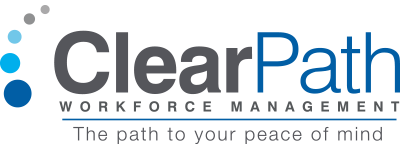Don’t stake your business on these wild rumors about classifying your workers
Last week in Part One of this post we covered five employee classification myths and business practices that could put your business at risk and cost you serious time and money. They included:
- All software workers can be paid as a 1099
- You can pay up to ten 1099 contractors before the IRS will audit you for misclassification
- Your accountant will advise you if your business is at risk, and if they say nothing, you are ok
- For workers less than 40 hours you can always pay them safely as a 1099
- Anyone working from home can be classified as an Independent Contractor
Wrong.
Don’t be caught out by these incorrect beliefs!
You’re busy. And you have worked extremely hard to get your business soaring – the last thing you want to do is hire contractors or new employees that don’t align with local, state and federal requirements, potentially putting your business in jeopardy for the trouble of an audit, the cost of back taxes or the black mark of fines.
So don’t put your faith in rumors. Here are another five myths that could lead to business trouble:
Risky Myth 6
All bookkeepers can be paid as 1099 contractors as long as you file a 1099 to report payments
Simply reporting contractor payments via a 1099 does not confirm a classification as correct. The employee’s work circumstance must still pass a detailed validation checklist for correct classification. While many bookkeepers work part-time or remotely, these factors do not qualify a bookkeeper or any employee as a 1099 automatically. Only 6.6% of bookkeeping, auditing and accounting clerks are categorized as independent contractors, according to the Bureau of Labor Statistics.
Risky Myth 7
“You’re a small business, so therefore not at risk for audits”
All companies are at risk of being audited. And the impact of an audit on a small business is much greater than a large company who has the resources to handle requests for additional information as the Internal Revenue Service or local agencies dig deeper to properly classify. Even an insignificant line of questions can demand outsized resources and time from a small business, which have been “targeted” by the IRS in expert testimony given to the House Small Business Committee, convened in September of 2016, and reported in “Small Business Trends”.
Risky Myth 8
“We followed the IRS 20 questions – we will be fine”
The IRS 20 question checklist is a great start, but there are also individual state and external agency requirements that need to be considered. For instance, 19 states, including New York, Massachusetts, Michigan, New Jersey, and Iowa have created inter-agency task forces to study the magnitude of misclassification and strengthen enforcement mechanisms. And the National Labor Relations Board, who shares information with the other federal agencies, as recently as November of 2016 filed suit against a firm (Postmates, Inc.) for what they consider to be worker misclassification. You need a partner who has the resources to keep track of hidden multi-state and agency restrictions. ”Not knowing” isn’t considered a valid defense.
Risky Myth 9
Settle with the IRS and admitting blame clears the business from further repercussions
Not true! This could just be the beginning of ramifications that need to be addressed. The company may still be responsible for back wages, mandated health insurance benefits, backlogged unemployment benefits or workman’s compensation. In addition, other agencies could be standing by to administer further penalties and fines, including the Equal Employment Opportunity Commission – focused on ensuring worker civil rights are upheld, or the Department of Labor (DOL), concerned with adherence to overtime and wage structures. To further underline this interest, in 2012 and 2013 the DOL collected more than $18.2 million in back wages on behalf of 19,000 employees who had been misclassified.
Risky Myth 10
Highly paid professionals are always classified as 1099.
This myth stems from the highly compensated consultants of years past, typically paid as corporate partners or vendors. That said, it is simply not true, and – just like with any type of work performed, the amount of payment does not influence classification. There is a great deal of income diversity with 1099 workers. Contingent workers are the fastest growing segment of the labor market today, tracking at 85% growth between 2005 and 2013, and accounting for 40% of all workers in 2015.
IRS audit nightmare
Entrepreneur Magazine reported in 2015 a growing number of audits are specifically focused on worker misclassification, with one in three companies failing. The magazine further states 46% of independent contractors reviewed by the IRS are found to be misclassified, with financial penalties that can run into the millions, added to attorney fees and resources spent on the audit itself. These are not battles you want to fight.
Small and medium businesses, in particular, should identify a workforce management partner to help guide them through this decision process and then help execute the stated strategy. The ClearPath team can answer any questions you have, or conduct a review of your current hiring processes.
We’d love to help take these thorny issues off of your plate!
In the meantime, have a terrific day and I’ll be back soon with more insights on best practices in Workforce Management.
- Written by: Karen Baldock
- Posted on: March 26, 2017
- Tags: 1099 Worker Classification, Myths around worker classification, W-2 Worker Classification, Workforce Classification

